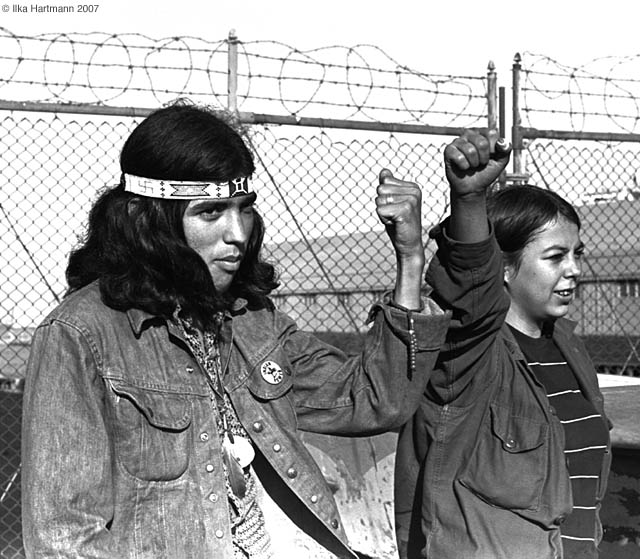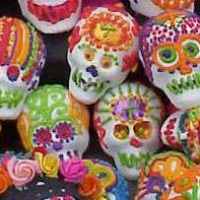December 27, 2010: Diversity is any kind of variety that makes our world a better place.
There are seven principles of Kwanzaa. Which one is your favorite? Do you strive for unity in your family and community? Do you define who you are, instead of letting others do it for you? Are you generous in helping others with their problems? Do you support your neighborhood businesses? Do you build upon your family’s traditions? Do you beautify your community? Do you believe in your own inner goodness and the goodness of your parents, teachers, and leaders?
Kwanzaa is a week-long holiday that some African-Americans celebrate. But whether you are African-American or not, let’s all take time to reflect upon who we are and to reaffirm our commitment to building a stronger community.
Remember, you don’t have to travel as far as a neighborhood cultural center to find diversity. There are hundreds of opportunities to celebrate diversity right here at your own school. Find one today!














